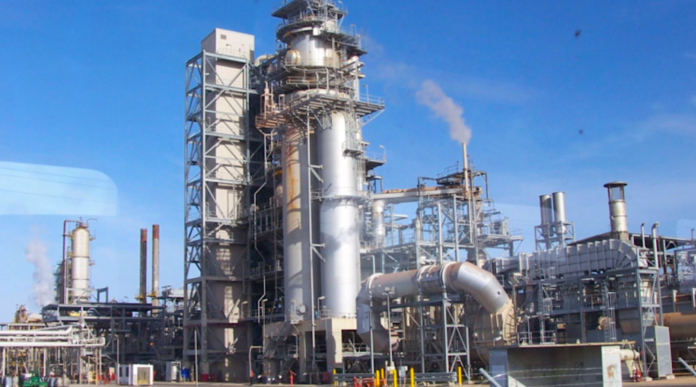In other news, the Independent Petroleum Marketers Association of Nigeria (IPMAN) has announced that the direct sale of Premium Motor Spirit (PMS) from Dangote Refinery to its members will significantly reduce fuel prices in the country.
This development, disclosed by IPMAN’s National Secretary, James Tor, is expected to ease the burden on Nigerians in the coming days.
This announcement follows an agreement between IPMAN and the 650,000 barrels per day Dangote Refinery, effectively eliminating the Nigerian National Petroleum Company Limited (NNPCL) as a middleman. The direct sale is projected to lower petrol prices at independent marketers’ stations to below N1,150 per litre, according to Tor.
“Once the business arrangement is fully operational, there will be a notable decrease in fuel prices and improved product availability across the nation,” Tor said in an interview.
The agreement is expected to stabilize the supply chain, reducing the recent spike in pump prices that ranged between N1,060 and N1,200 per litre.
The decision aligns with the federal government’s recent move to end NNPCL’s sole off-taker status for Dangote Petrol as part of the Naira-for-crude policy. This policy shift, implemented by a committee led by Finance Minister Wale Edun, allows marketers to source petrol directly from Dangote Refinery, boosting competition and potentially lowering prices.
The spokesperson for Dangote Group, Anthony Chiejina, confirmed the deal with IPMAN, emphasizing that it resolves ongoing disputes between marketers and the refinery over pricing.
Prior to this agreement, IPMAN had argued that imported fuel was cheaper than the petrol supplied by Dangote, which was priced between N960 and N990 per litre.
The deal comes as a relief amid rising energy costs, which have driven inflation to 32.7% as of September 2024. Petrol prices had nearly doubled in recent months, surging from N617 per litre in August to over N1,000 in November.
However, with the new direct sales agreement in place, industry stakeholders anticipate a stabilization of fuel prices, which may alleviate inflationary pressures in the Nigerian economy.
The exact pricing details of the agreement are yet to be fully disclosed, but expectations are high for a downward adjustment in pump prices.








